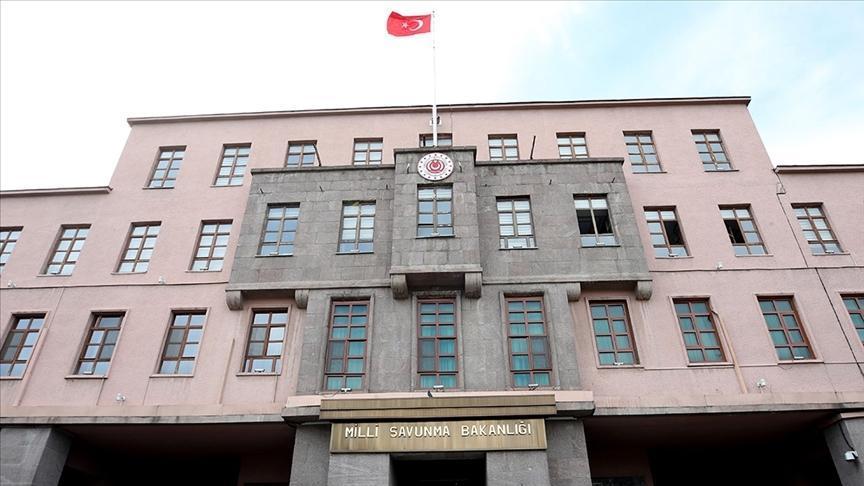Turkish consumers turn to commercial bills after installment limits
BALIKESİR - Anadolu Agency

According to a recently introduced regulation, it is no longer possible to buy food, fuel, mobile phones and gold products in installments, while credit card installment plans for white goods are limited. DHA photo
Consumers and vendors are bypassing restrictions imposed on installment payments on a number of goods with commercial bills that detail payment transactions, according to sources in the banking industry.With the aim of raising domestic savings and reducing the current account deficit, Turkey’s banking watchdog (BDDK) introduced limitations last year on monthly installment payments to curb consumers’ use of credit cards to pay for goods in the hope of stemming the flood of money spent on imported goods.
However, sellers of the restricted goods, such as appliances, mobile phones and technology products, have found a way to lure consumers: commercial bills.
According to the new regulation that came into practice on Feb. 1, the legally permitted limit for installments to be applied on furniture and white goods sales is nine months, while installment payments on telecommunication, jewelry, fuel and goods purchases are totally forbidden.
Variety of schemes
Therefore, many appliance stores are applying a 12-month installment by offering three-month payments in commercial bills in addition to nine months of the legally permitted period on credit card.
“This method enables sellers who don’t want their sales to drop to carry out 75 percent of the transaction under guaranteed banking provided by the bank, while consumers benefit from a more convenient payment scheme,” Consumers Association Chairman Aydın Ağaoğlu told Anadolu Agency.
He said commercial bills were only one of the scores of methods used by companies to continue long-term installment payments.
Some stores further offer 24-month installment payment alternatives by applying up to 7 percent default interests, according to Ağaoğlu.
Turkish consumers’ credit card debts rose from 14 billion Turkish Liras in 2004 and to 82 billion liras in October 2013, as consumer loan debts reached 240 billion liras during the period.
Although high consumer spending has triggered domestic demand, it has caused major harm to the country’s current account deficit and saving levels, which are the main deficiency of the Turkish economy.
















